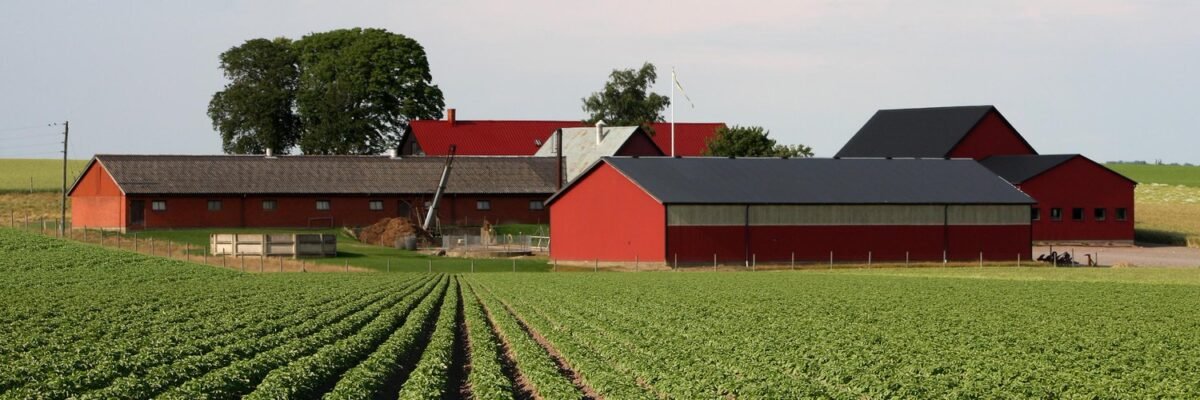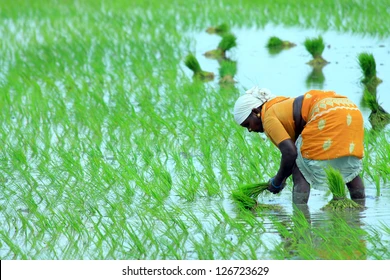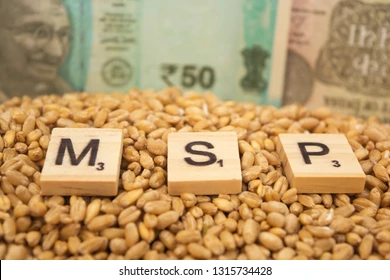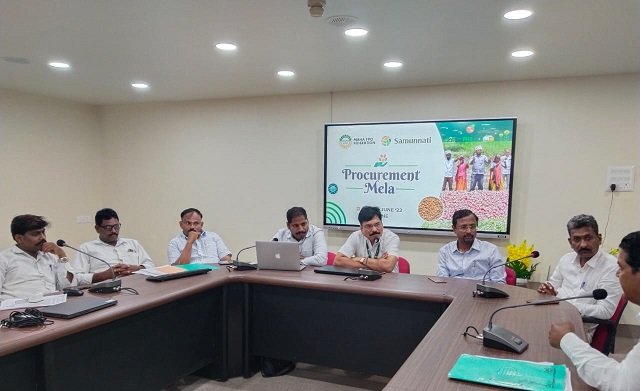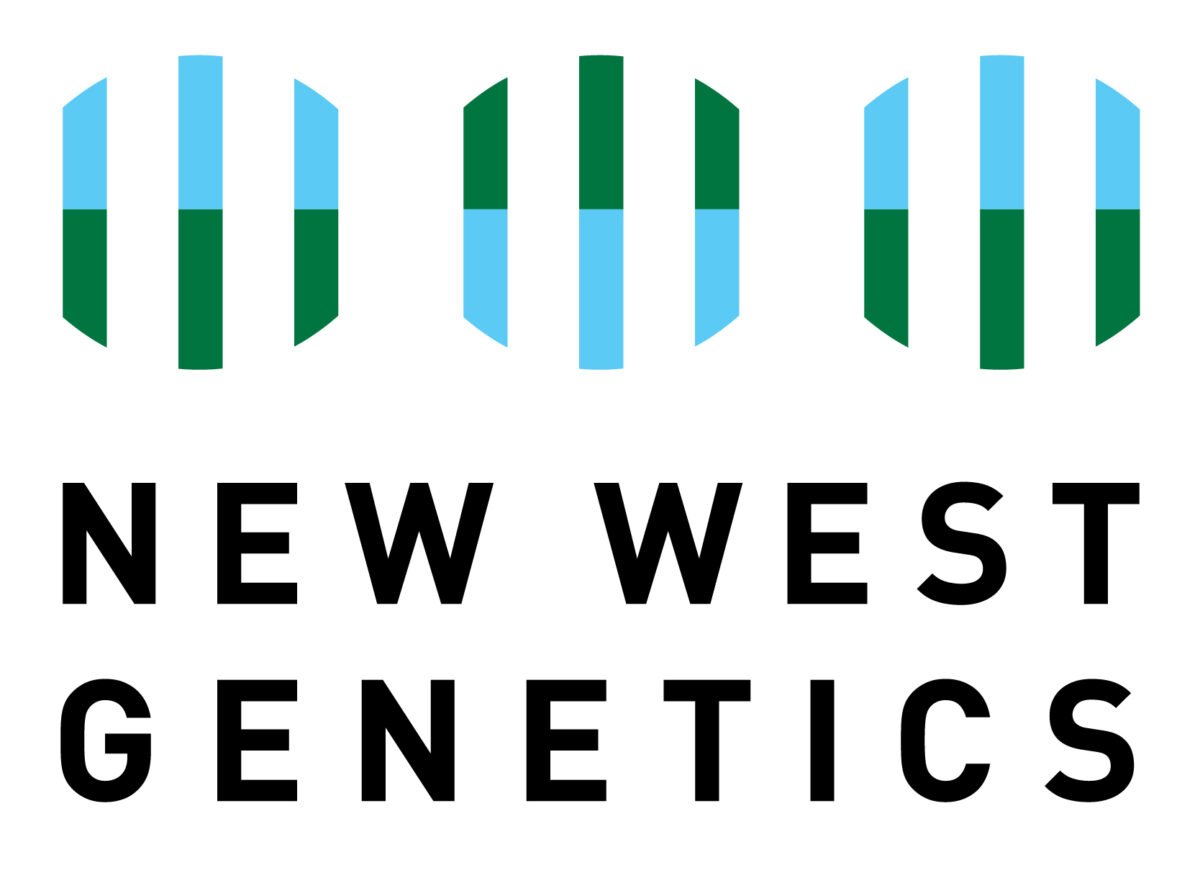The endeavour has the potential to boost the economy of the archipelago and provide a new source of income for the local community
In a major achievement in fostering the efforts of the Government of India for the development of the seaweed enterprise as another driver of the economy of Lakshadweep, the commercial-scale pilot seaweed farming guided by the ICAR-Central Marine Fisheries Research Institute, Cochin has turned out to be a huge success in the large-scale pre-feasibility studies during 2022-23 season. The endeavour of the TSC-Purple Turtle Company, Tuticorin, aided by the ICAR-CMFRI and the Lakshadweep Administration has the potential to boost the economy of the archipelago and provide a new source of income for the local community, especially women.
The seaweed farming enterprise was initially launched in Chetlath, one of the smaller islands in Lakshadweep with a population of nearly 2,500. Six plots of 100 tube nets each were established by the end of September 2022, with a seed stock size of 3 tons per plot. The first harvest yielded nearly 15 tons in 45 days. The entire harvest was used to expand the farm horizontally, increasing the farm size to 30 plots with 3,000 net tubes by the end of November 2022. Subsequent harvests were done every 30-45 days, and the farm was further expanded in the same atoll as well as in the neighbouring atolls of Kiltan and Kadmat.
Women were the main workforce, and nearly 20 of them from different Self Help Groups were employed to carry out various farm activities such as preparing tube nets, seeding, and harvesting. The program generated nearly 3,000 man-days during the 8-month culture period, with an average daily earning of Rs 380.
The potential of seaweed cultivation in Lakshadweep has been known from the research and development programmes of the ICAR-CMFRI since August 2020 under the auspices of the National Innovations in Climate Resilient Agriculture (NICRA) of the ICAR, New Delhi. The enterprise is currently passing through the initial phase of exploration, capacity building, and foundation development. The ICAR-CMFRI, in collaboration with the Department of Fisheries, Lakshadweep, and private companies conducted farming trials to determine the growth performance of commercially important, indigenous species like Gracilaria edulis and Acanthophora spicifera in each island over the seasons. During this period, local men and women from many of the islands were trained in seaweed farming in large numbers. Periodic consultations were held with the prospective stakeholders, local farmers, the seaweed industry, researchers, and the Government, where the results and experiences were shared and the way forward was discussed. This in turn led to M/s TSC-Purple Turtle Company, Tuticorin carrying out the first-ever commercial-scale pilot farming in the island territory.
The ICAR-CMFRI suggests a two-pronged approach for developing the seaweed enterprise in the islands. Private companies farm commercially high-value indigenous species on their own using local people as their workforce, promoting the local societies or individuals to farm for companies on contract farming mode. This will provide an additional livelihood for the local community, especially the women. The Lakshadweep Administration is actively popularising the Kisan Credit Card (KCC) and Mudra Loans programme of the Government of India in Lakshadweep in the fisheries sector. This is expected to have a positive impact on the development of the seaweed enterprise.
The establishment of seaweed hatcheries, seed reserves, seaweed health monitoring facilities, and incubation facilities for mariculture, as well as the processing and value addition of seaweeds, are expected to contribute to the development of the seaweed enterprise. Research needs to be continued on standardising the protocols for newer species of seaweeds of varying utilities. The ICAR-CMFRI is working with the NITI Aayog as well as the Ministry of Fisheries, Animal Husbandry and Dairying, Govt. of India, and the U.T of Lakshadweep Administration to generate scientific information, build skills, provide technical support services, and draw policy guides for sustainable and inclusive seaweed enterprise development in the island territory.
The endeavour has the potential to boost

